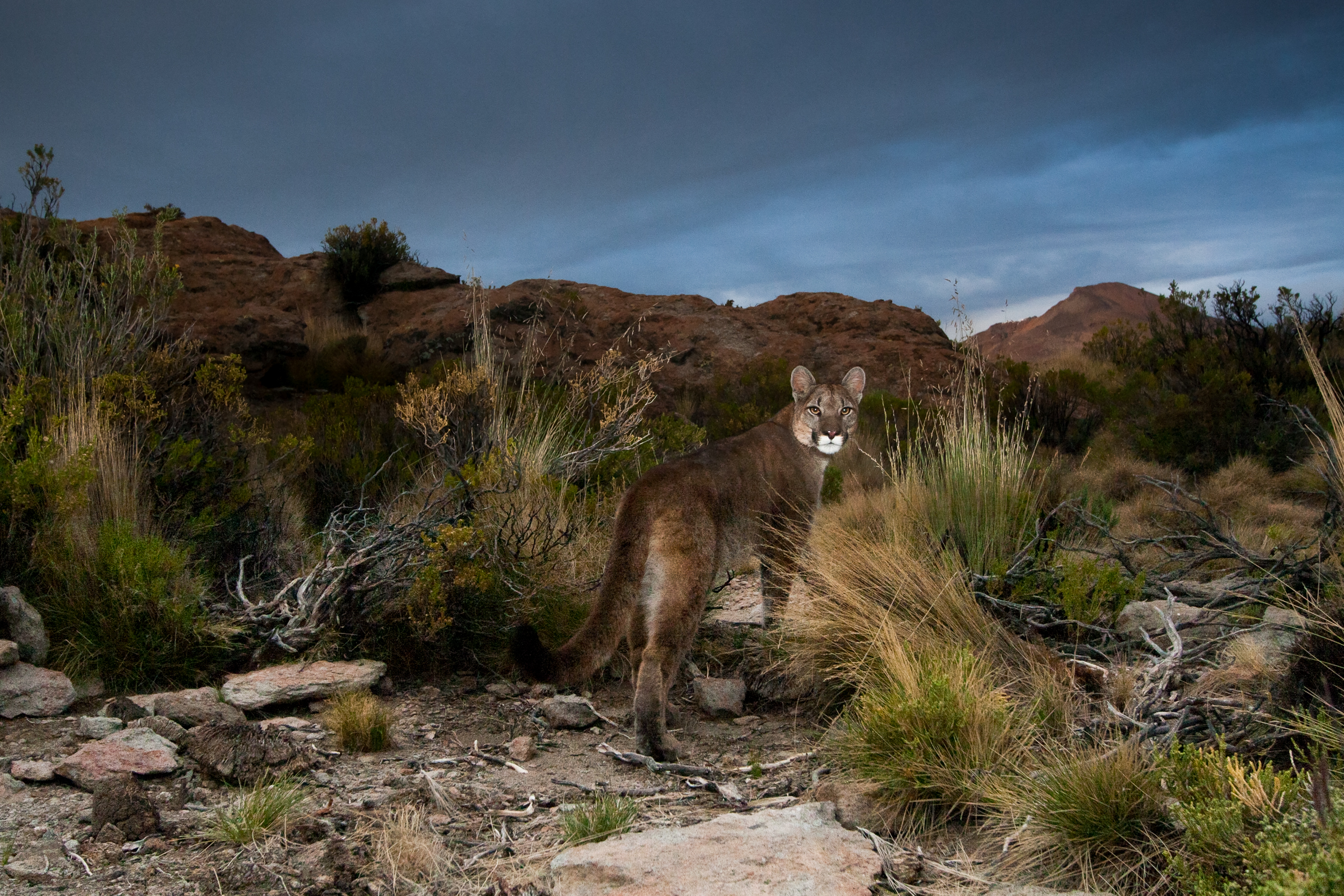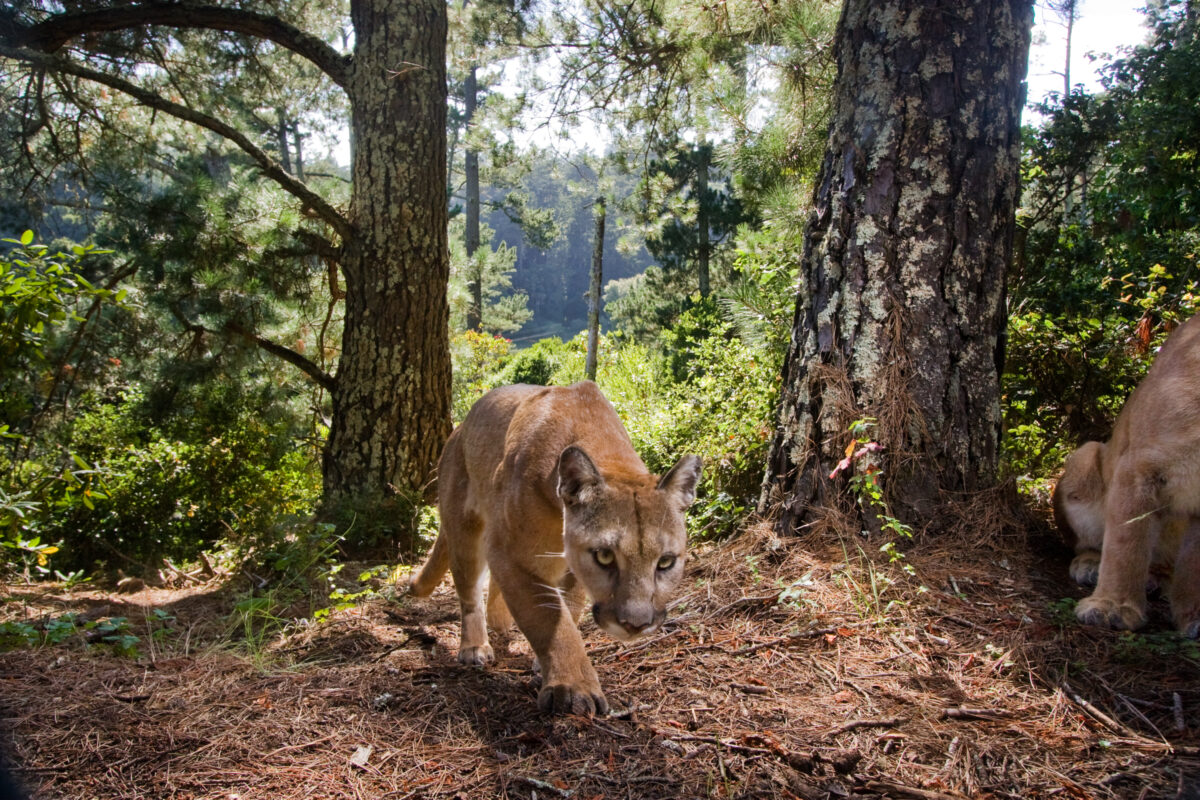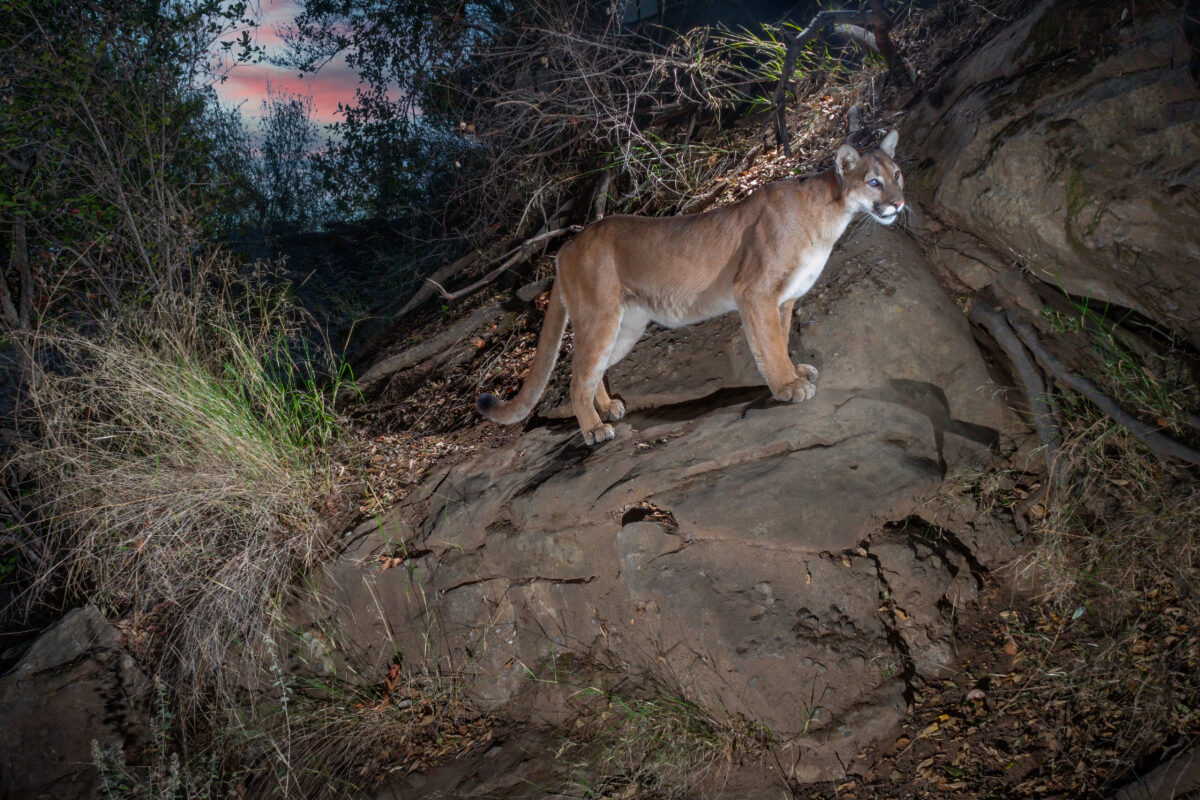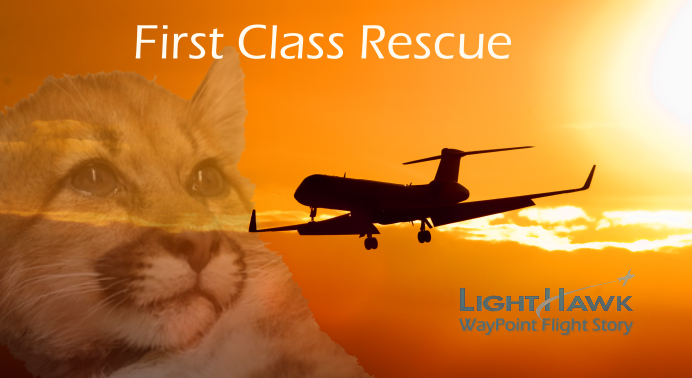
Injured, Orphaned Mountain Lion Cubs Survive and Thrive After Donated Flight
Guest Commentary from LightHawk’s April 2012 newsletter
Alone in the Wild
The soft cries of the 12-week old mountain lion cubs were not bringing their mother running back to them. She had been killed under a California Department of Fish & Game depredation permit after a San Jose area man lost some of his peacocks to the lion.
Two weeks later, an emaciated 7-pound female cub emerged from the brush and attacked the man’s Chihuahua. The flea-bitten cub suffered two broken legs and a broken jaw during the skirmish and was taken by CA Fish & Game to the Folsom City Zoo Sanctuary.
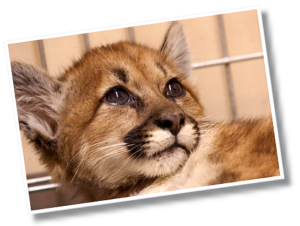
Against All Odds
When the female cub arrived at Folsom Zoo, she could not walk, stand or eat on her own. As it was clear she would need 24-hour care to have even a slim chance of survival, veterinarians considered euthanasia. Folsom Zoo’s Jill Lute stepped in and decided to take the cub home to provide round-the-clock feedings, every two hours. With Lute’s mothering, the cub began to improve slowly.
About a week later another cub (her sibling) was found up a tree at the same location. He was starving, but otherwise uninjured. Once placed in the same room, the cubs started vocalizing to each other throughout the night and by the second day, it was clear they recognized each other and had perked up considerably. The Folsom Zoo staff called the cubs “Cypress” (female) and “Ash” (male) after native trees.
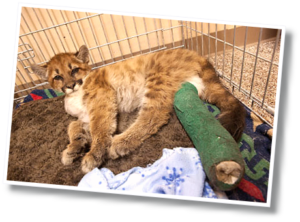
Flight Keeps Brother and Sister Cubs Together
Because the cubs were so bonded and had been through so much, everyone hoped they could stay together, but the zoo was unable to house both cubs. Arizona’s Southwest Wildlife Conservation Center (SWCC) was the only facility in the country that could give the California cubs a home together.
For the past four years SWCC has partnered with LightHawk to transport endangered Mexican wolves. They knew LightHawk’s volunteer pilots were the best bet to move the cubs quickly and safely from California to Arizona. One day after Pacific Program Manager Christine Steele put out the call, Joy Covey, a LightHawk volunteer pilot from Woodside, CA jumped at the opportunity to fly the cubs.
Within the week, she loaded her Pilatus PC-12 single engine turboprop with two crates holding the cubs, and filed a flight plan bound for KSDL Scottsdale, Arizona almost three hours away.
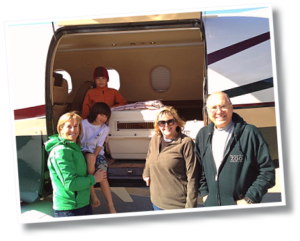
A Smooth Trip
“The LightHawk donated flight moved these mountain lion cubs to their new home without the stress of commercial air travel or a 15-hour drive,” explains Rudy Engholm, LightHawk’s Executive Director. “And the volunteer pilot had the opportunity to make a real difference for some pretty cute passengers.”
The cubs — which can grow to more than 100 pounds as adults — will eventually live in a large enclosure with other mountain lions at Southwest Wildlife Conservation Center when they are completely recovered from their injuries. Southwest Wildlife, located in Scottsdale, Arizona, rescues and rehabilitates wildlife including bears, foxes, bobcats and deer. The Center is able to release back into the wild about 70 percent of all the animals it takes in and provides sanctuary to those animals that cannot be released back to the wild.
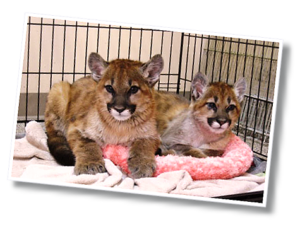
Two Happy Tails, In the End
While this story ends with the cubs safe and sound, it speaks to the need to preserve wild spaces and be conscious of the needs of the animals with whom we share the land.
“My son Tyler and I love to help wildlife by donating flights through LightHawk,” says volunteer pilot Joy Covey.
“It’s sad when wildlife and humans have conflict, because it is so often the result of humans expanding into the animals’ habitat. Unfortunately these orphans got caught in the middle. For us to be able to help them have a safe life gives us great joy.”
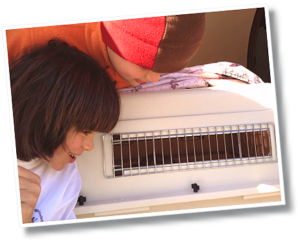
Thank you to Bev and the entire LightHawk community for allowing the Mountain Lion Foundation to share this story!




 Facebook
Facebook Twitter
Twitter Send Email
Send Email